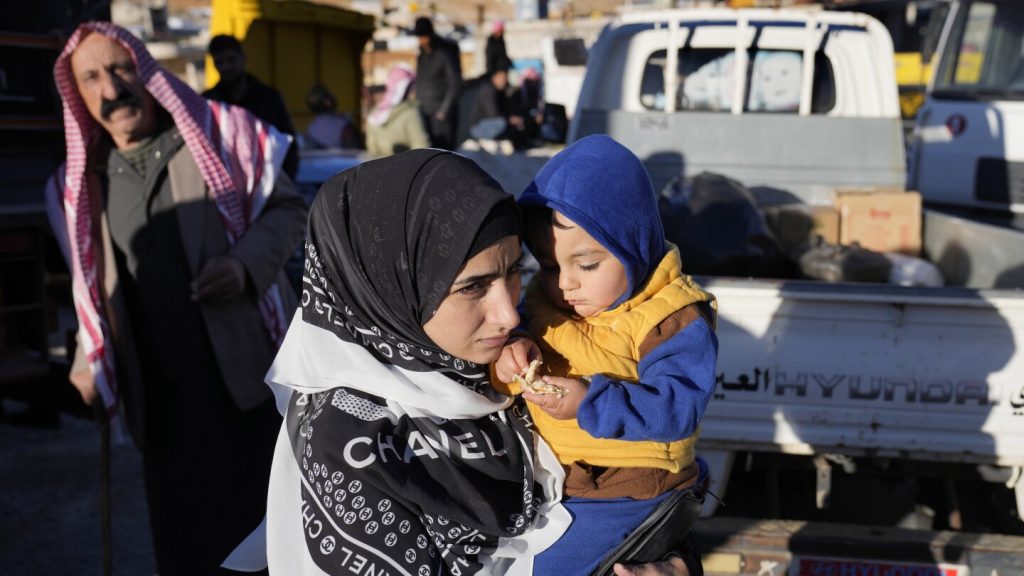More than 300 Syrian refugees have headed back home to Syria in a convoy from two remote northeastern towns in Lebanon, where anti-refugee sentiment has been on the rise. Lebanese officials have been urging the international community to either help resettle the refugees in other countries or support their return to Syria. Despite the world’s highest refugee population per capita, Lebanon hosts nearly 780,000 registered Syrian refugees and hundreds of thousands who are unregistered. In the town of Arsal, refugees said farewell to friends and relatives before embarking on an uncertain journey back to Syria.
Lebanese security forces have increased deportations of Syrians this year, but not to the extent threatened two years ago when a plan was announced to deport thousands of Syrians every month to “safe areas” in cooperation with the government in Damascus. The recent convoy consisted of 330 refugees who had voluntarily signed up for repatriation, marking the first organized return since late 2022. While some refugees like Ahmad Durro expressed happiness at being able to return home, others, particularly young men facing compulsory military service or political opponents of the Assad government, feel it is unsafe to go back.
As many Syrians believe there is no future for them in Syria due to the economic crisis and ongoing challenges, some have resorted to attempting the dangerous journey by sea to reach Europe. Human rights organizations like Amnesty International have raised concerns about the voluntary nature of the returns, citing hostility and restrictions faced by refugees in Lebanon. Cases of refugees being detained and tortured by Syrian security agencies upon return have been documented. The UNHCR reports that nine out of 10 Syrian refugees in Lebanon live in extreme poverty, with declining humanitarian aid and donor fatigue worsening their situation.
Lebanese authorities and political parties have accused Syrian refugees of being economic migrants rather than war refugees, claiming they benefit from aid and take jobs away from Lebanese citizens. Immigration crackdowns and accusations of sending money back to Syria have fueled anti-refugee sentiment in the country. With the European Union announcing a billion-euro aid package, Lebanon’s leadership views it as a way to control migration flows to Europe and has faced criticism for accepting it as a bribe to keep the refugees. Parliament is set to discuss the aid package, with lawmakers expected to push for more refugee returns and stricter measures against undocumented Syrian workers.
The situation in Lebanon highlights the complexities of hosting a large refugee population and the challenges of integration and support amid economic hardships and political tensions. The debate over the status of Syrian refugees in Lebanon reflects broader issues of migration, aid distribution, and international cooperation. With the ongoing war in Syria and the impacts of the refugee crisis on neighboring countries, finding sustainable solutions that prioritize the well-being and rights of all individuals remains a pressing concern. As the Lebanese government faces pressure to address the refugee situation, the plight of Syrian refugees in the region continues to be a critical humanitarian issue.


